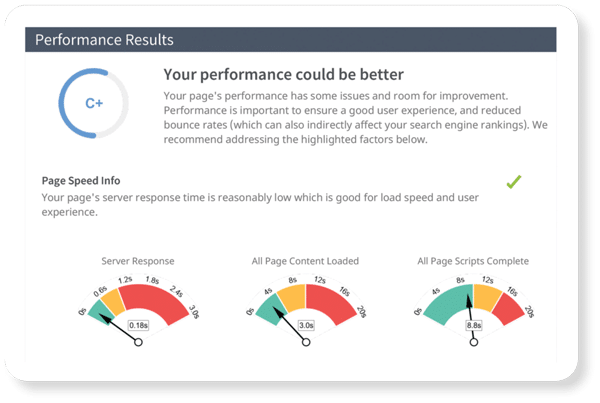
We’re big fans of blogs at MyAdvice. Here are a few reasons why we think blogs are so important. But first, a few general facts about blogs:
- More than 80 percent of consumers trust advice and information from blogs. (BlogHer)
- After a website exceeds 20 blog posts, site traffic increases by up to 30 percent. (Traffic Generation Cafe)
- Roughly 60 percent of consumers feel more positive about a company after reading custom content on its site. (Axonn)
Improve your site’s optimization
Ever since Google decided a couple of years back that keywords and other tricks were being used to outsmart its algorithm, it decided to boost rankings of websites based on the actual content of the site’s pages, rather than just a list of random keywords. The algorithm now evaluates the quality of the content on the pages of your site, and it looks to see if new content is regularly added to your site. Plus, it rewards sites with more indexed pages. See where we’re going with this? Blogs on your practice website are viewed as quality content describing your procedures and services. Blogs are new content. Plus, every blog entry is a new page on your site, increasing your indexed pages. Well-written blogs are to Google what a warm oatmeal raisin cookie is the Cookie Monster.
How Patients are Searching for Healthcare Professionals
Watch a recent webinar we held with Google on how patients are searching for healthcare questions online.
Be seen as the expert
Sometimes blog topics don’t need to promote your procedures or services. They can simply cover an issue that’s topical to your patients. Other posts will describe procedures and how you do them. Others may talk about new technology you’ve just added to your practice.
All of this information gives your practice credibility with your patients and potential patients. Users want to receive relevant, useful information quickly from a trusted source and the more topics your blog covers the higher the likelihood of being seen as the authority in your medical specialty.
Connect with patients
Most patients with questions won’t call your office. They probably check your website first. When they get there, they can look through your blogs to see if any of them cover the question they have. If they find the topic, they’ll engage and will appreciate your help. If they find a partial answer, they may hit your chat function to fill in the gaps. Either way, you’re increasing engagement, which builds your patient relationships. Also, by providing answers to simpler problems help keep you top of mind when a patient may need your services later on.
Let them see your personality
Blogs are a place where your practice can be a little less formal, less clinical. While most of your blog entries will probably be about procedures or services, you can also post about staff milestones, maybe this month’s specials that relate to your local community. Due to their more informal nature, blogs can show the personality of your practice. A little personality is a great way to differentiate your practice from a less-engaged competitor.
Announcements
Blogs, along with your practice Facebook page, can also be a great place to make announcements. Have a new piece of technology? Write a blog about it and why it’s so great. Adding a new partner? Announce it in a blog. Having a food drive or toy drive during the holidays? Blog about it.
An in with a new patient
Your blogs can drive organic web traffic. Let’s say you’re a dentist and you have a blog post on the “advantages of dental implants versus bridges” for replacing missing teeth. Someone searching locally for information on the comparison may find your blog on the first page of his or her search results page. After clicking on the link and reading your blog, odds are the person may check out more of your site. Next thing you know, they’re sitting in your chair for their first appointment.
Blogs keep your site changing
Your standard site content won’t always be changing. You’re not going to constantly change pages on procedures unless the procedures themselves change. But thanks to your ongoing blogs, your site is always adding new content, so Google sees your site as more dynamic than your competitor who hasn’t added a word of new content since his or her site first went live. More than adding pages to index, your blogs also feature tons of keywords you want to be known for and boost your credibility as an expert.
What’s not to love about blogs? Now you know why we’re such big fans of monthly blogging on our client websites. Don’t have a blog on your site? Talk to your MyAdvice representative and let’s change that!


